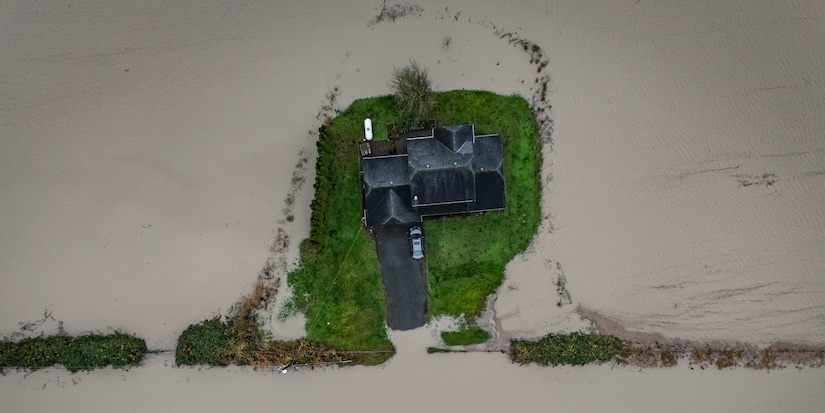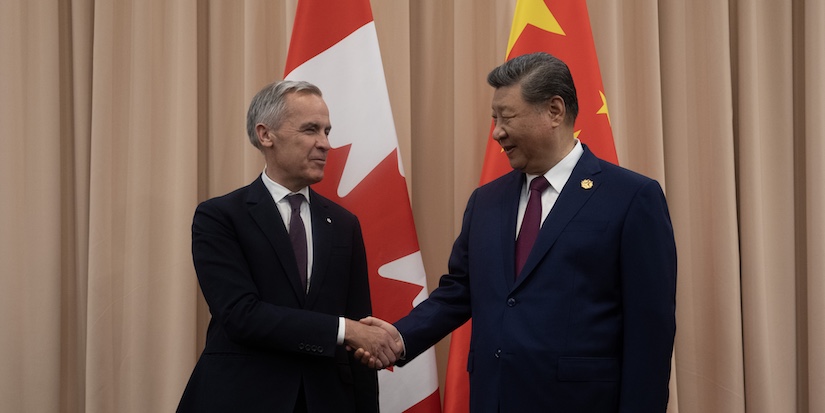Latest News
Tips for tax season

Published 10:47 PST, Wed March 4, 2020
Last Updated: 2:13 PDT, Wed May 12, 2021
—
With tax season right around the corner, you may have money on your mind. The Sentinel offers a three-part financial series, beginning with this issue’s tax tips from accountant Dereck Hamada (CPA, CA).
When should people start to think about filing their taxes? What information should they collect at that point?
By the beginning of March, you should have received most of your tax slip information—most things have to be delivered to you by the end of February, although some investment income slips (e.g. T3 slips) may not arrive until early April. Find a general checklist for Canadian taxes to see if you have everything for the current year. You may also require older items for adjusting prior years’ returns. If you’re not sure, ask your tax accountant. Be careful of ‘advice’ from friends and family or online sources—it may not always be applicable to you and your tax situation. Tax laws change every year.
What tips would you offer to people wanting to file their own taxes?
For simple tax returns, tax software can be helpful and efficient once you learn to use it. However, like any program that you only use once a year, it is easy to make mistakes or find it difficult to enter certain income and expense amounts, especially if you are not aware of CRA’s filing requirements. The warning bells and tax tips whistles can be helpful for most, but there are many exceptions that software cannot cover because it doesn’t take personal background and information into account. If you know the basics of income taxes, preparation with software can be straightforward. However, tax planning—minimizing the income taxes you pay over your lifetime—is much more complicated and personal. If you really want to plan well and minimize your income taxes, get to know your tax accountant better than your family doctor.
If people want an accountant to file their taxes, but haven’t used one before, what can they expect the process to be like?
Like any other specialist you might deal with, all accountants are different. You should find someone you are comfortable working with—and discussing personal matters with, as these often come into play with tax and financial planning matters. The more you can share with your accountant, the better they can help you plan. Meet your new tax accountant when you both have time to get to know each other, which is usually not the months of March and April (for your accountant at least).
Bring in at least your last year’s tax return and Notice of Assessment, as well as all of your current year’s information. Have a list of questions and concerns prepared for your new accountant. These questions usually start the conversation about what else might be needed to prepare your taxes and start the tax planning process. If you have investments or other assets of note, you might want to make a summary list for tax planning discussion as well. If you are married or common-law, you should always have the same accountant prepare both tax returns. The planning issues alone are worth it, even if one spouse has a very simple return. Be prepared to sign an authorization form so that the tax accountant can deal with CRA directly on your behalf as needed, and download historical and current tax information directly from your CRA account. Do ask about fees, what is included and what is not. Hopefully, you find someone you can work with for the rest of your life because that’s how long you’ll be paying taxes.





























